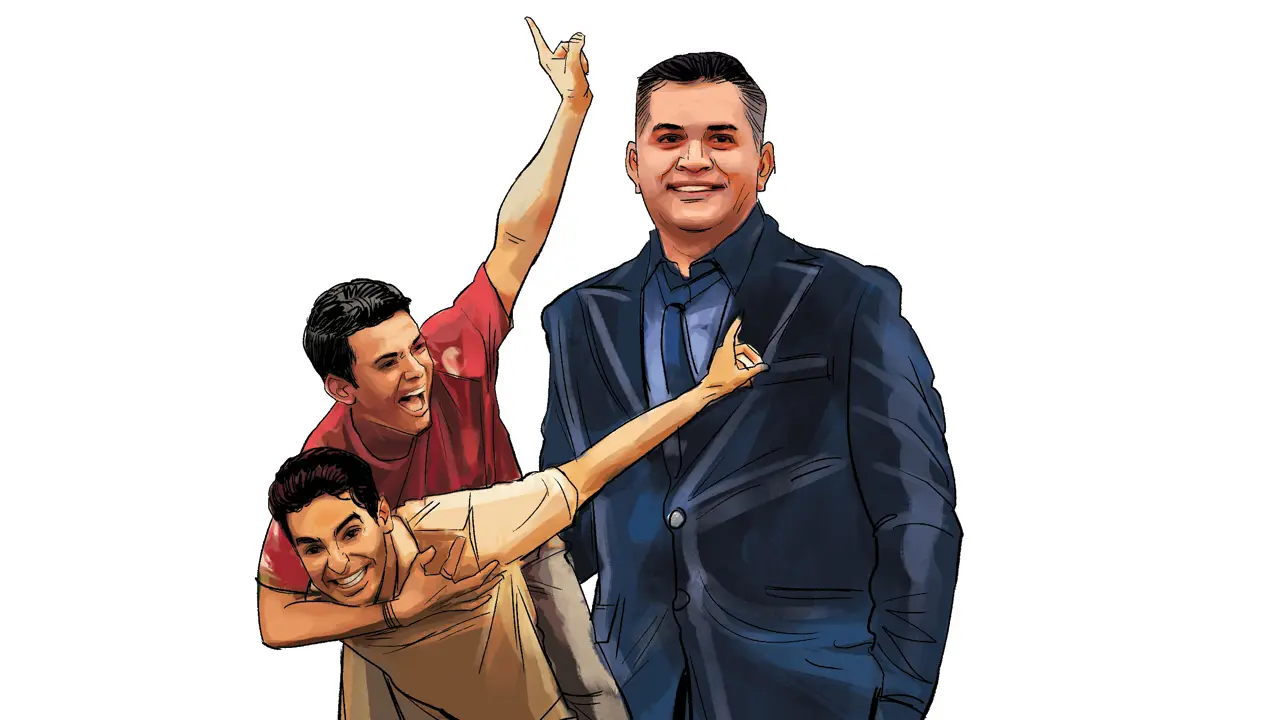[ad_1]
Have you ever wished you could forget all about your workday as soon as it’s finished? Are your nights haunted by emails and endless meetings—even in your dreams? If so, Severance might be just the show for you. This fictional series follows employees who’ve undergone a procedure called ‘severance.’ As a result, their consciousness is split: they have no recollection of themselves or their personal lives within the workplace, nor any memory of the workday as soon as they exit their office.
At first glance, this may sound like an ideal work-life balance. Unplugging is hard, after all, and who wants to dream of spreadsheets? But this Apple TV show reveals darker shades of what a work/home partition for this sort of binary amnesia could mean. While none of us works for Lumon Industries, the show’s employer, or even for a company half as secretive (we hope), Severance serves up plenty that Indian workers may find familiar—and should make employers squirm.
Also Read: Manu Joseph: Narayana Murthy, Subrahmanyan and Jamie Dimon miss something simple about work
In India, a debate has raged over ‘work-life balance’ for months now. Business leaders such as N.R. Narayana Murthy and S.N. Subrahmanyan recently stirred the ire of employees across organizations and levels by touting the virtues of a 70-hour and 90-hour work-week, respectively, even as India was listed as the second most overworked country by the International Labour Organization (ILO) in 2024. That Bhutan had an even larger majority of its workforce working more than 49 hours a week was no consolation, given that the ILO advocates a 40-hour work-week.
But then, this is not really about hours clocked or other such reductive metrics. Rather, it is about how people on payrolls feel treated.
Also Read: Layoffs are painfully often a cover for corporate foibles
For many, the pandemic was a turning point. Diving deep into work during a personal crisis or moment of grief, as the show’s protagonist Mark S. does, may be a survival response for some. But covid was a surreal experience for vast numbers, with layoffs and pay-cuts on one side of the day’s ledger and illness, scrambles for oxygen and funerals on the other. Millions felt let-down by employers that saw them merely as ‘resources.’ Today, with AI out to snatch jobs, anxiety over human dispensability is in the air again.
The tragedy is that such trends emerge from rich countries with social-security fallbacks, like the US, but are adopted in countries that can’t afford more than poverty-relief schemes, like India. For salaried office-goers, ‘severance’ is a nightmare of being severed from a pay-cheque. In some cases, this can happen if one’s performance is rated in the wrong tail of a ‘bell curve’ (as below average). And in times of job scarcity, the power equation is loaded in favour of employers.
Is there a way out? Work satisfaction may go up if companies foster a culture that’s sensitive to the lives and priorities of their employees beyond work. It’s not enough to install a pool table or offer mental-health counselling. Indeed, this is where Severance hits the nail on the head. Even Lumon’s counsellors are aligned with its corporate purpose. It is fiction, no doubt, but how distant is that from reality?
Also Read: Stagnant wages amid fast economic growth: We need an Indian Enlightenment
In post-pandemic India, corporate profits have zoomed while wages have broadly stagnated. Capital and labour have seen their rewards diverge much too sharply. Surely, capitalists ought to spare this scenario more than just a flicker of thought. Split minds and fortunes, be it within or among people, could eventually prove costly for everyone. In the words of Mark S.,“We’re people, not parts of people.”
[ad_2]
Source link





